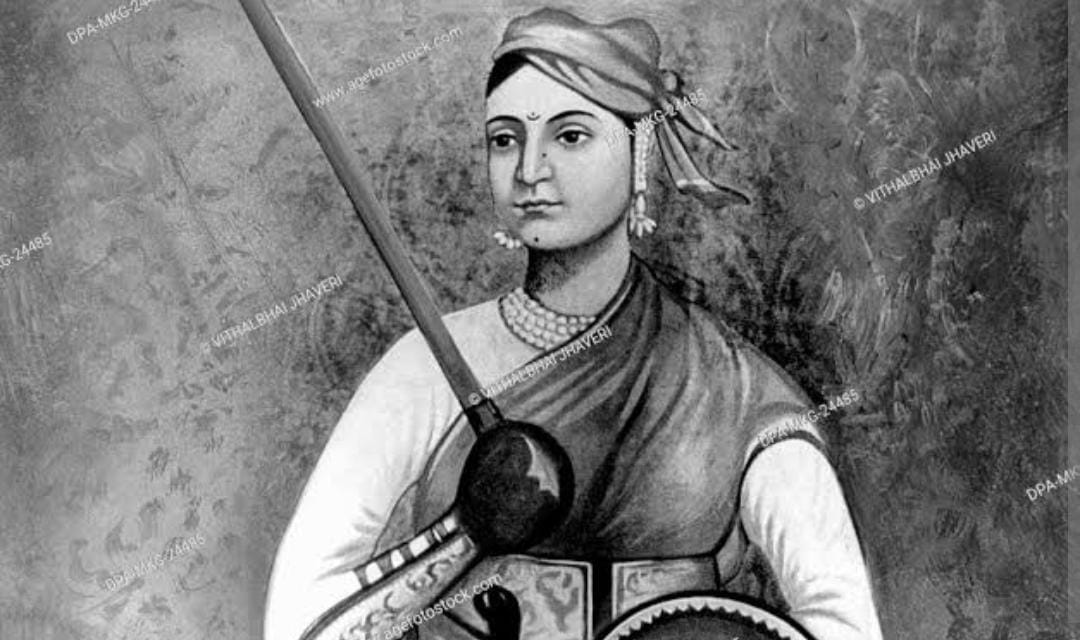Essay on Rani Lakshmi Bai
Rani Lakshmi Bai: The Warrior Queen of Jhansi
Introduction:
Rani Lakshmi Bai, often referred to as the “Queen of Jhansi,” was a fearless warrior, a visionary leader, and an iconic symbol of resistance against British colonial rule. Her unwavering courage, exceptional military prowess, and dedication to her people make her a revered figure in Indian history. This essay delves into the life, contributions, and indomitable spirit of Rani Lakshmi Bai.
Early Life and Education:
Born on November 19, 1828, in Varanasi, Rani Lakshmi Bai was named Manikarnika. She received a comprehensive education, which was unconventional for girls of her time. Her upbringing and exposure to literature and martial arts instilled in her a spirit of independence.
Marriage and Ruling Jhansi:
At the age of 14, Manikarnika married Raja Gangadhar Rao of Jhansi and became the Queen. After the untimely death of her husband, she adopted the name “Lakshmi Bai” and took the reins of Jhansi, ruling with wisdom and empathy.
The Revolt of 1857:
The Indian Rebellion of 1857, also known as the Sepoy Mutiny, marked a turning point in Rani Lakshmi Bai’s life. Her fierce resistance against British annexation of Jhansi and her role in the rebellion established her as a formidable leader.
The Warrior Queen:
Rani Lakshmi Bai’s military skills were unparalleled. She trained in sword fighting, horseback riding, and archery from a young age. Her leadership during battles showcased her strategic brilliance and unwavering determination.
The Siege of Jhansi:
During the rebellion, Jhansi became a focal point of British attention. Rani Lakshmi Bai’s courageous defense of her kingdom, leading her troops fearlessly, earned her the admiration of her contemporaries.
Symbol of Sacrifice:
The Battle of Gwalior proved to be a turning point. Despite valiant efforts, Jhansi fell to British forces. Rani Lakshmi Bai, refusing to surrender, made the ultimate sacrifice, attesting to her devotion to her land and people.
Legacy of Courage:
Rani Lakshmi Bai’s legacy is etched in the annals of India’s struggle for independence. Her courage inspired others to rise against colonial oppression, and she remains an enduring symbol of resistance.
Remembering the Warrior Queen:
Rani Lakshmi Bai’s birth anniversary, November 19th, is celebrated as “Rani Lakshmi Bai Jayanti.” It is a day to honor her memory and reflect on her contributions to the nation.
Literary Contributions:
Apart from her military achievements, Rani Lakshmi Bai was also a poetess and scholar. Her writings reflect her love for her people, her desire for justice, and her commitment to her principles.
Empowerment and Feminism:
Rani Lakshmi Bai’s life shattered stereotypes and exemplified gender equality. Her courage in a male-dominated world and her leadership serve as an inspiration for women empowerment.
Conclusion:
Rani Lakshmi Bai’s life journey is a saga of bravery, sacrifice, and unyielding determination. Her legacy continues to inspire generations, reminding us that one individual’s unwavering commitment to justice and freedom can ignite a spark that ignites a nation’s struggle for independence. Her spirit lives on as a beacon of hope, urging us to stand up against oppression and fight for what is right, just as she did on the battlefield of history.

